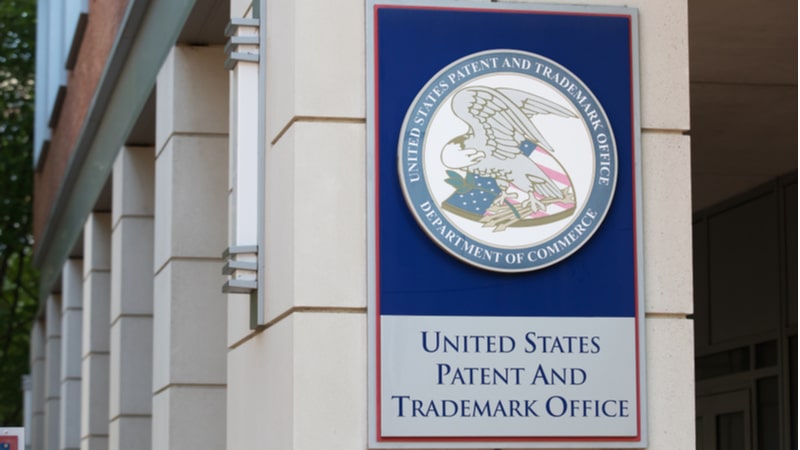
The U.S. Patent and Trademark Office (USPTO) has rescinded Biden-era guidance on artificial intelligence (AI) inventorship laws, deeming that because AI is not human, it can no longer be considered as a factor in patent law.
New guidance posted to the Federal Register on Friday rolls back guidance issued by the USPTO in February 2024 that relied on factors used to determine whether someone has made a “significant contribution” to an invention under U.S. patent law, and cannot apply to AI-assisted inventions.
The former guidance determined that AI-assisted innovations can only be patentable if a human makes that significant contribution to each claim – meaning that each invention must come from real human conception, and not from prompting, problem-posing, or recognizing AI output.
The USPTO said that going forward, using a legal standard as to whether a human made a significant contribution is “inapplicable when only one natural person is involved in developing an invention with AI assistance because AI systems are not persons and therefore cannot be ‘joint inventors’ so there is no joint inventorship question to analyze.”
The agency further noted that the Federal Circuit has held that AI cannot be considered an inventor on a patent application because “regardless of their sophistication … they are not natural persons.”
The USPTO said instead that AI systems are similar to laboratory equipment, computer software, and research databases, which are often used in inventive processes and, similar to preexisting case law, can be used to aid that process without becoming a co-inventor.
“The same principle applies to AI systems: they may provide services and generate ideas, but they remain tools used by the human inventor who conceived the claimed invention,” USPTO guidance stated.
Countries’ approaches to AI inventorship and patent laws vary. While European countries have taken a similar approach to AI, stating that an inventor must have a legal personality that AI models lack, an Australian judge had ruled that AI could be considered an inventor – though that was later overturned by the country’s Full Federal Court, according to Drew & Napier, a Singaporean law firm.
China also does not consider AI to be an inventor, keeping patents to humans only.
